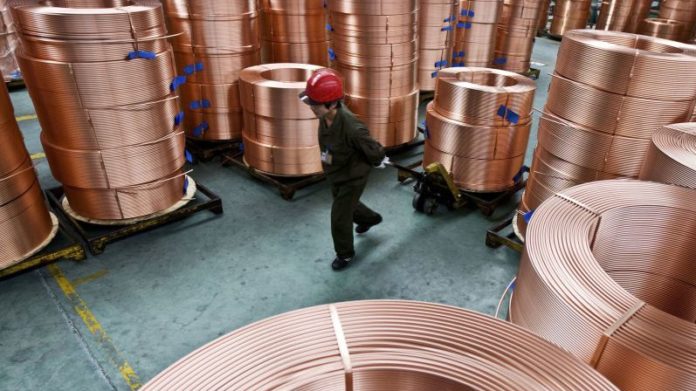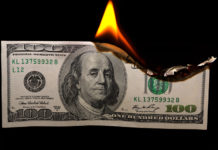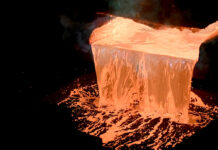
GLOBAL copper markets suffered their most severe disruption in a year marked by policy volatility and extraordinary price fluctuations after President Donald Trump’s last-minute tariff decision sparked unprecedented trading chaos, said Bloomberg News in a report this week.
Trump proceeded with 50% levies on copper imports but unexpectedly exempted refined metals, which dominate international commerce. The shock announcement triggered record losses for US prices following a period of exceptional profits for traders who rushed shipments to America before tariffs commenced, the newswire said.
The substantial premium for New York futures over London prices disappeared overnight. Daniel Ghali of TD Securities described the CME-LME spread trade as potentially “one of the most profitable commodity trades in modern history” before Wednesday’s White House proclamation “annihilated the spread and catalysed CME copper’s largest intraday fall on record”.
Comex copper futures in New York plummeted 22% as traders reassessed metal valuations between the US and global markets. London Metal Exchange prices declined far less dramatically, with Comex front-month contracts shifting from a premium exceeding 30% last week to trading at a discount against the LME benchmark.
The refined copper exemption will fundamentally disrupt global metal trading patterns. Copper remains economically crucial due to its electrical wiring applications, whilst massive stockpiles now accumulate in American warehouses amid speculation about potential re-exports, said Bloomberg.
When Trump initially signalled tariff intentions earlier this year, US prices soared relative to international markets, prompting major traders to accelerate American deliveries in what industry veterans called their careers’ largest operation.
After Trump announced the higher-than-expected 50% rate in July, a final rush ensued with copper-laden vessels racing to Hawaiian ports before month-end.
Li Xuezhi of Shanghai-based Chaos Ternary Futures noted the outcome “badly deviated from market expectations”, suggesting those backing higher US prices had “wasted all their efforts” as global flows normalise.
Goldman Sachs analysts expressed surprise at the exemptions but maintained they wouldn’t alter market fundamentals or trigger large-scale US re-exports.
The 50% tariff applies to semi-finished products including pipes, wires and sheets, plus copper-intensive goods like fittings and electrical components. Less-processed materials such as ore, concentrates and cathodes remain exempt.
However, refined copper tariffs haven’t disappeared entirely. The Commerce Department recommended delayed implementation at 15% from 2027, rising to 30% in 2028, with a market review due by June 2026.








